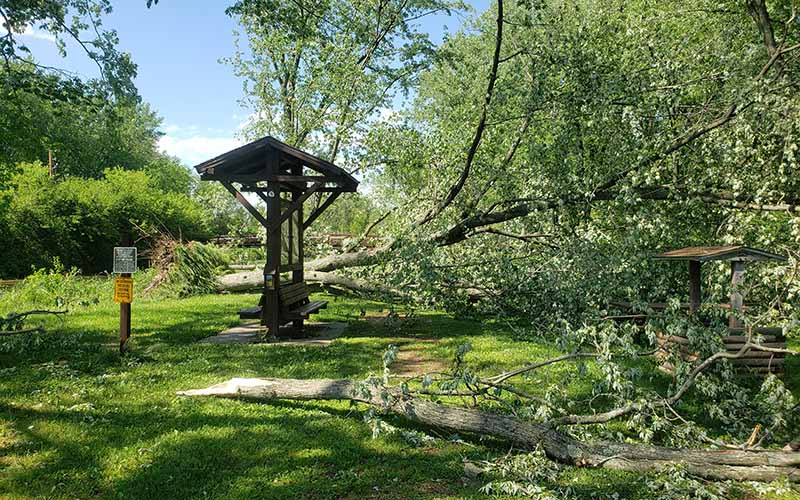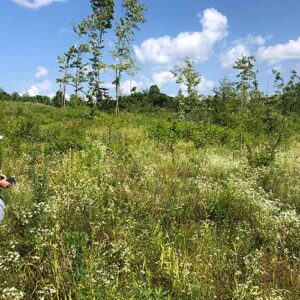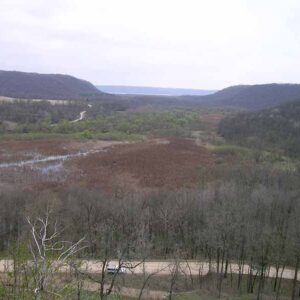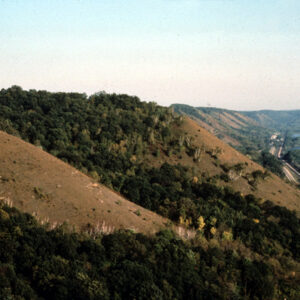A focus on climate impacts on native plant communities from the Wisconsin Initiative on Climate Change Impacts (WICCI) shows that warmer winters, more extreme storms, and competition from non-native species are impacting Wisconsin’s plants and natural communities. The last two decades have been the warmest on record in Wisconsin, and the past decade has been the wettest.
“Healthy and diverse habitats can better absorb the stresses of a rapidly changing climate. Increasing efforts to restore and protect vulnerable native habitats can help them adapt while also helping maintain outdoor recreational opportunities that are important for our economy,” says Amy Staffen, co-chair of WICCI’s Plants and Natural Communities Working Group.

Wisconsin’s native habitats are already under stress from urban development, cultivation, and competition with non-native invasive species. Climate change is amplifying these non-climate stressors. Increasingly frequent and intense storms are bringing more nutrient-laden stormwater runoff and sediment into aquatic and wetland communities, promoting the growth of invasive species. Milder winters, longer growing seasons, and increased atmospheric carbon dioxide are favoring the germination and spread of both non-native invasive species and aggressive native species. Droughts are drying soils and wetlands and lowering groundwater. Windows for prescribed fire are changing, diminishing the habitats and the species that rely on them. With less severe winters in Wisconsin, larger numbers of deer are browsing on understory plants, including sensitive species, and impacting forest regeneration.
The warming climate is also impacting iconic tree species important to both wildlife and the timber industry, such as red pine and white pine, and culturally important species, such as wild rice, ginseng, and blueberries. As native habitats become further degraded, pollinators that rely on them, like bees and butterflies, may also diminish, with cascading impacts on plant-based industries such as agriculture, forestry, and food systems.
But there is hope. The WICCI Plants and Natural Communities Working Group recommends science-based, climate adaptation-focused management approaches to help native habitats in Wisconsin and offers workshops for property managers and stakeholders to help translate concepts relating to climate change impacts into tangible, real-world actions. There is hope for the future — but it’s up to us.
This article is part of a series highlighting the contribution from each WICCI Working Group for the 2021 WICCI Assessment Report.
Plants and Natural Communities Working Group - Stories
Support WICCI
Gifts to the Wisconsin Initiative on Climate Change Impacts (WICCI) Program Fund provide general, discretionary program support and are used to enhance and expand WICCI’s teaching, research, and public service roles. Gifts are also used to support partnership-building activities, include faculty, staff, and student recruitment, retention, and morale.
The Wisconsin Initiative on Climate Change Impacts (WICCI) is a statewide collaboration of scientists and stakeholders formed as a partnership between UW–Madison’s Nelson Institute for Environmental Studies and the Wisconsin Department of Natural Resources. WICCI’s goals are to evaluate climate change impacts on Wisconsin and foster solutions.


